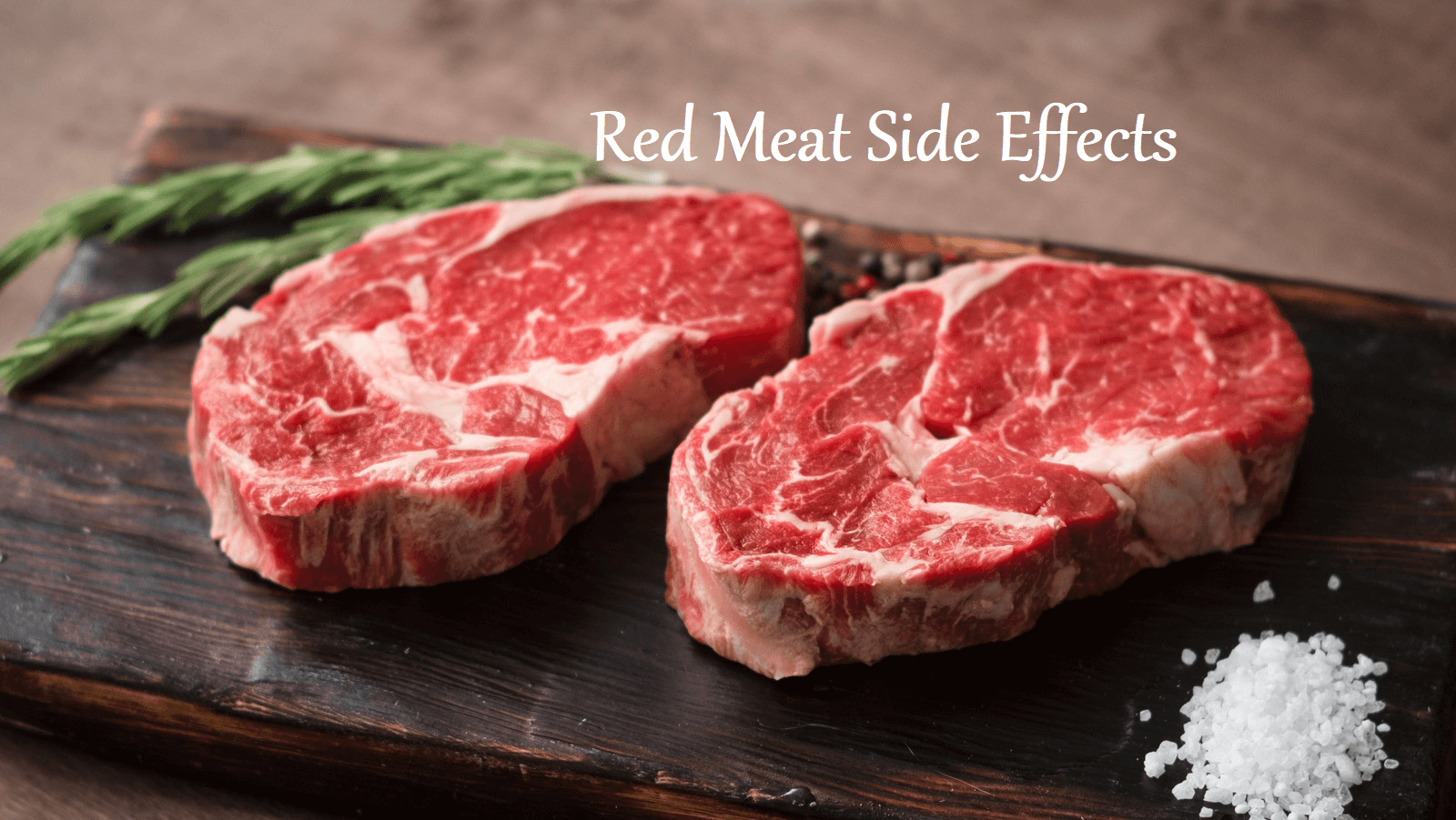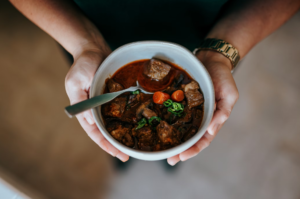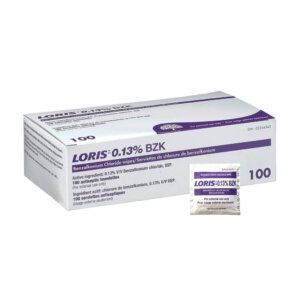
Observational studies are crucial for understanding the potential health effects of food exposure and environmental factors. For example, the red and processed meat we eat daily is well documented to cause adverse health and ecological impacts. It is time for action to limit these risks. These studies have identified many foods and environmental factors potentially harmful to human health. This article explores the possible red meat side effects, processed meat, and Alzheimer’s.
Heart Disease
While red meat and processed meat are good sources of protein and other nutrients but increase heart disease risk, recent studies have linked red meat to a higher risk of coronary heart disease and mortality. As a result, the 2015-20 US Dietary Guidelines for Americans recommend a low-to-moderate consumption of red meat. But how can red meat cause heart disease? The study authors note that meat consumption is related to a higher risk of coronary heart disease, even for those who eat less than one serving per day.
This study follows over 42,000 women for seven years. Women who ate more red meat had a higher risk of developing invasive breast cancer. Conversely, women who consumed more poultry had a lower chance. In addition to the new findings, researchers followed another group of 27,000 men and 53,000 women in another study. The participants had no history of cancer or heart disease when they started the investigation. However, they were linked with a 10% higher risk of death after eating half a serving of red meat daily.
These findings support previous studies showing an association between meat consumption and cardiovascular disease. A study published today in the peer-reviewed journal of the American Heart Association (AHA) concluded that red meat increases the risk of coronary heart disease by influencing the levels of specific gut bacteria. These bacteria are responsible for forming clogged arteries and blood clotting, which may lead to heart disease. If you’re a meat eater, you must consult a physician to determine how much red meat you should eat.
Strokes
A recent study has found that eating large amounts of red meat may increase the risk of stroke. The researchers found that eating more than one serving of red meat a day may increase the risk of stroke. This study analyzed data on people over 55 and their daily intake of red meat. The researchers accounted for age, smoking status, and other factors. People who consume a large amount of red meat are more at risk for stroke.
A meta-analysis of prospective cohort studies has identified an association between red meat consumption and stroke risk. The authors searched PubMed and EMBASE databases to identify relevant studies. They then calculated summary relative risks (RRs) using random-effect and fixed-effect models. The authors concluded a moderate to strong association between red meat consumption and stroke risk. For further research, these researchers recommend limiting red meat consumption to one serving a day.
The authors believe that the increased risk of cardiovascular disease associated with red meat consumption is due to chemicals produced by microbes in the digestive tract. These chemicals can lead to cardiovascular disease, including stroke and heart attack. These risks increase with age but can be reduced by eating healthy foods and limiting red meat consumption. Also, get enough sleep, exercise, and avoid smoking. Maintaining proper blood glucose levels is also an essential factor.
Cancer
Several reports are linking red meat consumption with an increased risk of cancer. One of them reported that a high intake of red meat increased the risk of ovarian cancer. Another study published in the British journal of cancer found that eating processed and red meat can increase the risk of esophageal adenocarcinogenesis. Despite these conflicting findings, reducing the amount you eat is vital to preventing cancer development.
A large study of more than 120,000 adults found that processed red meat has a higher risk of cancer. It seems that high-temperature cooking produces chemicals that may be carcinogenic. Polycyclic aromatic hydrocarbons (PAHs) are known carcinogens from high-temperature cooking, but experts aren’t sure whether eating processed meat causes human cancer. Eating antioxidant-rich vegetables with cooked meats is an excellent way to support your body and reduce your cancer risk.
Another study showed that red meat consumption might increase the risk of invasive breast cancer. However, this risk was lower in women who ate poultry instead of red meat. These studies involved more than 53,000 women and nearly 27,000 men. When the study started, the participants had no history of cancer or heart disease. However, on average, they consumed half a serving of red meat daily. Interestingly, the higher the red meat intake, the greater the risk of breast cancer.
Alzheimer’s
No definitive studies show whether red meat contributes to the risk of Alzheimer’s disease. However, some studies show that meat intake is associated with a higher risk. For example, meat intake was associated with a higher risk of dementia in people with the genetic risk factor APOE4.
Researchers found a link between red meat and dementia in a 2016 study, using data from 10 countries. The main culprit was red meat, but other types of meat were also associated with a lower risk. Eggs and poultry were associated with mixed health outcomes. Women who ate the most eggs and poultry had a lower risk of dementia. However, they were more likely to develop cardiovascular diseases and cancer. This study highlights the importance of avoiding meat if you’re worried about Alzheimer’s.
In humans, high homocysteine levels have been associated with a higher risk of dementia. Interestingly, mice also exhibit amyloid plaque in their brains, indicating that Alzheimer’s disease is advancing. In mice, diets high in methionine increased homocysteine levels and 40% more amyloid plaque. Eating red meat can have adverse side effects for those at risk.
Constipation
Overeating red meat can aggravate your constipation condition. Red meat is low in fiber, a nutrient that contributes bulk to stools and helps them move through the digestive tract. Additionally, red meat is high in fat and iron, two nutrients that slow the movement of stools. In addition, should limit red meat to only one or two servings per week.
The small intestine is responsible for digesting food and moving waste from the intestine to the large intestine (also known as the colon). The colon absorbs water from the waste and produces a solid bowel movement. However, when food passes through the digestive tract too slowly, the body is justify with a lot of undigested food and waste that is hard and dry. The resulting waste can cause other health problems.
To cure constipation, try to increase the amount of fibre in your diet. Fiber-rich foods include oats, whole grain cereals, prunes, and bran cereal. Keeping a food diary can also be helpful. Also, make sure you’re using the toilet correctly. Leaning back, squatting, and raising your feet effectively relieve constipation.
Gas
Although consuming red meat and other animal products may cause gas, most foods contain fiber, starch, or fat. Bacteria break these substances down in the large intestine. The only grain that does not cause gas is rice. Also, certain vegetables can cause gas, including broccoli, cauliflower, and Brussels sprouts. This article will outline what to eat to avoid causing gas. Listed below are some foods that should be avoided to prevent gas.
Fatty foods aggravate digestion and can cause gas. Fatty meat contains the amino acid methionine, which contains sulphur. The sulphur is fermented by gut bacteria and produces hydrogen sulphide, which gives off a foul odor and increases gas production. Avoiding meat or eating it less often can help prevent gas. While some people don’t experience any gas problems after removing meat from their diet, avoiding red meat side effects entirely is best for some.
Food intolerance is a problem when your body cannot break down a particular food group. People with this condition usually have difficulty digesting a specific type of food, such as red meat. To avoid this, keep a food diary. However, it may indicate a more severe problem if you suffer from stomach pain after eating red meat. In addition, food allergy is rare, affecting only one to three percent of people. In some cases, it can even be a sign of a tick bite.
Body Odour
Many people are concerned that eating red meat negatively affects their health, but the truth is that it can have the opposite effect. In one study, researchers compared the body odors of men and women on a vegetarian and a meat-eating diet. In both studies, the vegetarians’ body odour was judged to be more pleasant and less offensive than meat-eating men’s. Eating less red meat may help alleviate this unpleasant side effect.
One of red meat consumption’s most noticeable side effects is body odour. Although the exact reason is unknown, a 2006 study found that people who ate meat had a more unpleasant odor than those who did not. Nevertheless, it is still a good idea to avoid red meat as it can increase body temperature, which can increase the body’s temperature and lead to sweating. However, it’s important to remember that red meat can also contribute to metabolic disorders that may cause body odour.
Moreover, meat consumption has other negative effects. For example, the sulphur compounds in it contribute to developing body odour. This occurs when the meat is ingested and metabolized in the body. These sulphur compounds can also affect your bowel movements, so that reducing meat intake can reduce the risk of constipation. However, it can also cause a change in body odour, which may last for hours or even days.







